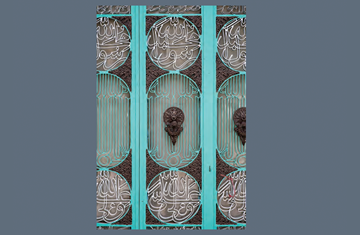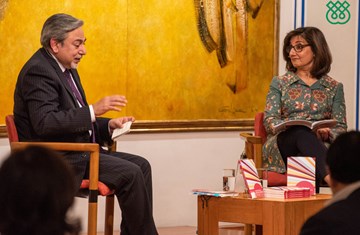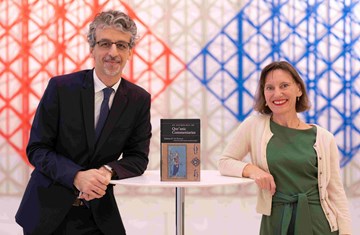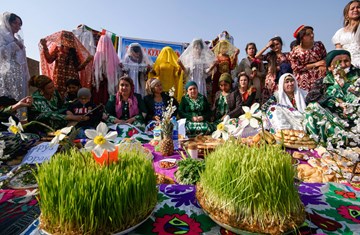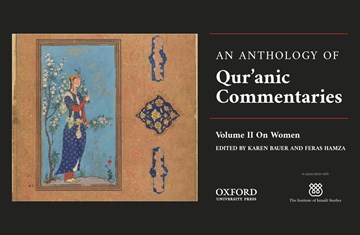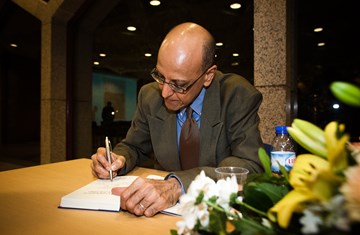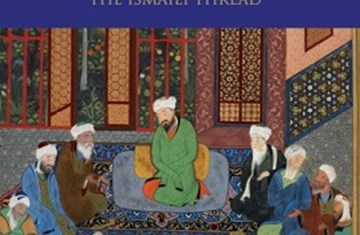New IIS Publication on Sufi Qur’anic Hermeneutics
The Institute has published Dr Annabel Keeler’s monograph, Sufi Hermeneutics: The Qur’an Commentary of Rashid al-Din Maybudi, which examines the Sufi approach to Qur’anic interpretation, as exemplified in a twelfth-century Persian Qur’aninfo-icon commentary, Maybudi’s Kashf al-Asrar (Unveiling of Mysteries). This is the first major study in a Western language of this influential figure in the history of Qur’an commentaries and Persian literature.
Written during one of the most exciting periods in Sufism’s history and based on the only surviving text of the famous Hanbali mystic, ‘Abd Allah al-Ansari (d.481/1089 CE), the Kashf al-Asrar of Rashid al-Din Maybudi (fl. 1126 CE) is counted among the most popular Persian tafsirs and its importance, both for an understanding of the development of Sufi hermeneutics and as a treasury of Sufi lore, is widely acknowledged.
Through detailed analysis of Maybudi’s work, Annabel Keeler explores the ways in which hermeneutics and doctrine interact in a Sufi commentary of the Noble Qur’an. In this study, Keeler plays close attention to the relationship between Qur’anic word, mystical experience and the language of interpretation. By viewing language not only as a terminology that evolved for the exposition of mystical experience but also as an emerging literary language that in the early twelfth century was becoming indispensable for the expression of the doctrines of mystical love, she is able to reveal the ways in which Sufi exegesis may reflect a particular spiritual ethos as well as the mystical experience of the commentator. Throughout the book, Keeler explains the subtleties and complexities of Sufi hermeneutics and doctrine, illustrating them with material from the Kashf al-asrar.
With the numerous passages selected and translated from Maybudi’s vast commentary for the first time, this publication enables readers to become acquainted with the spirit of this important work of Sufi exegesis as well as gain a deeper insight into the doctrines and language of later Sufi literature.
This book is the third publication in the Qur’anic Studies Series which the Institute publishes in association with Oxford University Press. The aim of the Qur’anic Studies Series is to present the rich diversity and plurality of a wide spectrum of interpretations, approaches and opinions which have appealed to the Qur’an throughout history and in the present time. By juxtaposing several approaches to the Qur’an, the Institute is emphasising the historicity and contextuality of Qur’anic interpretations (i.e., that each commentary is a product of its own time and a response to the circumstances of each period). Both classical works and contemporary thought have a place in the series which seeks to reach a broad readership and attempts to be as comprehensible as possible in its range of authors, works, periods, schools of thought, regions, languages and types of commentaries on the Qur’an. A special focus is given to the contemporary thought being produced in different regions and linguistic areas of the Muslim world.
Other titles in the series include Suha Taji Farouki’s Modern Muslim Intellectuals and the Qur’an and Abdullah Saeed’s Approaches to the Qur’an in Contemporary Indonesia.

